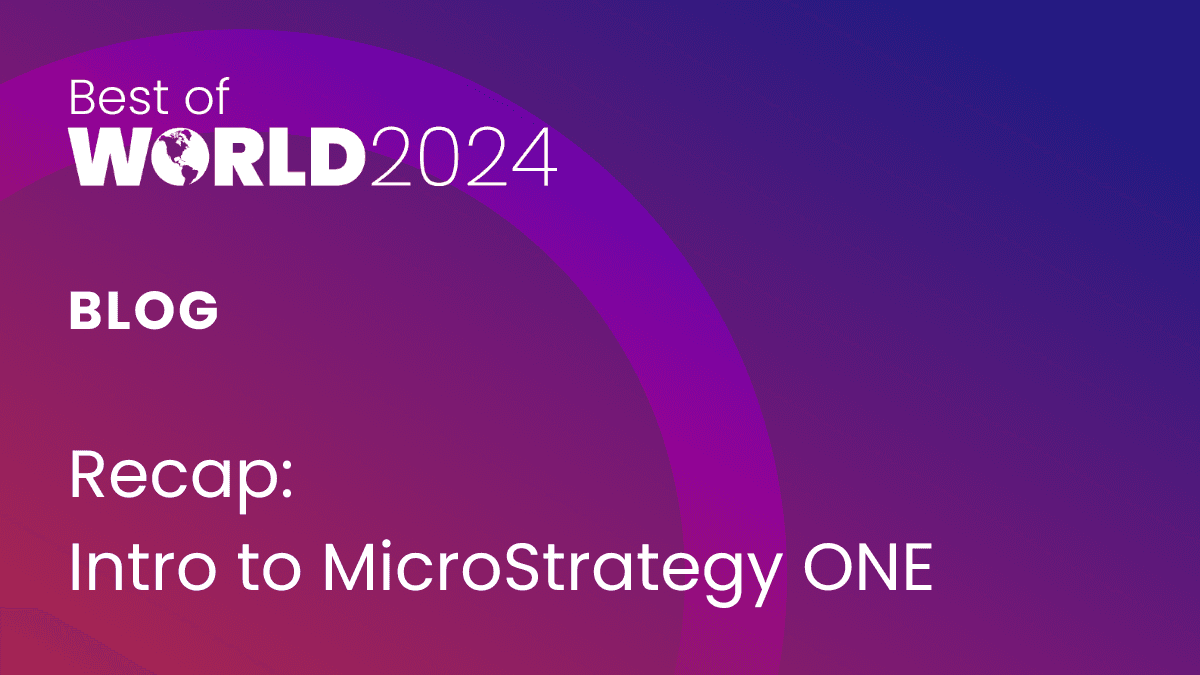Why Move to the Cloud?
Learn about common problems of a cloud-less infrastructure and why cloud-based business intelligence is necessary for modern enterprises.
$62.9 billion. That was the combined revenue of major cloud providers in 2025, according to The Wall Street Journal.
From virtual workspaces to remote access, cloud-based solutions are helping companies focus on their long-term business goals without worrying about managing complex tech systems.
Discover how a “cloud first” approach can help you leverage the benefits of cloud computing and give your business a competitive edge.
Problems of a Cloud-less Infrastructure
Without cloud adoption, businesses can face limited scalability and high capital expenditures due to substantial upfront investments in hardware and software.
They can struggle with inflexibility, making it hard to adapt to market changes, and face data accessibility issues that hinder remote work. Industries without cloud infrastructure can face higher operational costs as managing on-premises infrastructure adds to administrative overhead.
Furthermore, businesses can grapple with delayed software updates and patches, leading to inadequate security measures that may result in greater vulnerability to breaches or cyber-attacks.
Relying on outdated, on-premises technology can lead to rising costs, security vulnerabilities, and missed opportunities for innovation. The cloud offers a smarter, safer path.
Cloud-based Benefits with Business Intelligence
According to G2, the global adoption rate of Business Intelligence (BI) tools stands at 26%, with cloud-based tools being the fastest-growing segment in the BI market.
For large-scale enterprises and businesses, cloud-based BI tools are an efficient solution for data management and analytics, as they can offer an expanded set of benefits:
- Scalability: Easily scale up or down based on the demands of your business without significant upfront investment in hardware.
- Cost-Effectiveness: Reduce costs associated with on-premises hardware and maintenance, shifting to a subscription or pay-as-you-go model.
- Accessibility: Access data and insights from anywhere with an internet connection, facilitating remote work and collaboration.
- Streamlined Updates: Automatic updates and patches ensure you have the latest features and security enhancements without manual intervention.
- Enhanced Collaboration: Share reports and dashboards effortlessly among team members and stakeholders, fostering collaborative decision-making.
- Data Integration: Seamlessly integrate with various data sources, improving data consistency and enabling a comprehensive analysis through centralized data management.
By leveraging cloud-based BI tools, businesses can quickly access and analyze large datasets without the need to maintain physical servers. This allows teams to focus on extracting actionable insights and adding value to the business rather than getting bogged down with technical maintenance.
Trends in Cloud Adoption
Many businesses have accelerated their move to the cloud in the past few years, with Gartner estimating end-user spending on public cloud services to total $723.4 billion in 2025.
According to PWC, 63% of top performers are increasing cloud budgets to leverage Gen AI, highlighting its added value to business.
Interestingly, most businesses start with one cloud provider but eventually integrate multiple providers. The multi-cloud approach leverages the cloud's ability to create the ideal technology infrastructure for their business needs.
However, a study by IBM reported that 43% of surveyed tech CxOs say their concerns about technology infrastructure have increased over the past six months, and they are now focused on optimizing their infrastructure for scaling generative AI.
Therefore, 69% of the tech CxOs are turning to business partners as a source for specialized skills.
A Specialized, Cloud-based BI Solution
Business Intelligence platforms that leverage AI and cloud-based infrastructure can offer the stability, scalability, and flexibility your business requires. Strategy’s cloud-based solution, Strategy One, possesses a cutting-edge suite of cloud-native capabilities and harnesses the cloud’s limitless power.
Furthermore, Strategy simplifies and eases cloud migrations for businesses through:
- Guided Migration Frameworks: Strategy provides structured frameworks and best practices, detailed in cloud migration playbooks and step-by-step guides.
- Specialized, Automated Tools: Strategy One’s native tools automate several migration tasks such as environment setup and data transfers.
- Comprehensive Support: Dedicated migration teams offer hands-on assistance, ensuring smooth transitions facilitated by expert support.
- Seamless Data Integration: Strategy One supports integration capabilities with existing data sources, ensuring minimal disruption.
- Training and Resources: Strategy Education offers training modules and resources on cloud migration.
Cloud's Role in Business
As companies migrate to the cloud, they don’t just update their technology—they change how they do business.
Lincoln Financial and AWS adopted a cloud-first analytics approach to enhance their data-driven culture.
Constellation Brands applied a two-phased approach to cloud migration that helped them stay on the cutting edge of innovation and accelerated business impact.
Telefónica’s migration to the cloud ensured optimal performance, scalability, and security for their analytics deployment.
With a clear objective, the right tools, and expert support, your business can move away from costly, error-prone technology, and start leveraging data insights to create long-lasting value.
Ready to Take the Next Step?
Beyond cost-efficiency, Strategy’s cloud-based solution offers flexibility and agility to help you respond to customer needs, develop new products, and scale up as demand increases.
Strategy One is the only business intelligence software that possesses extensive experience working with the three major hyperscalers — Amazon Web Services (AWS), Microsoft Azure, and Google Cloud Platform (GCP).
Whether you want to be more flexible, more efficient, or prepare for the future, migrating to the cloud with Strategy can help you reach your goals.
Give your business a competitive edge — Go Cloud-Native with Strategy.
Related posts
Endless Possibilities. One Platform








